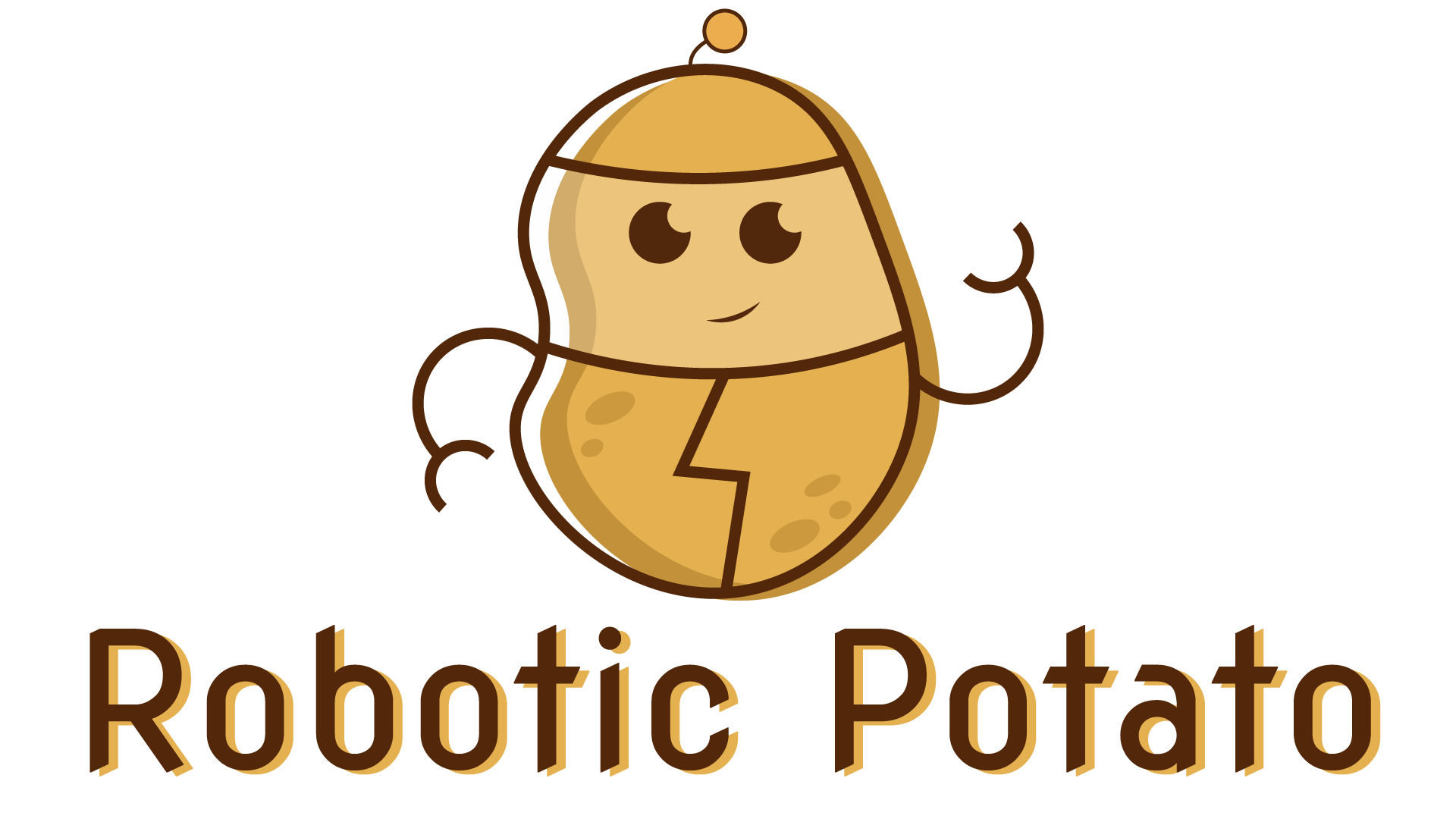As the marketing landscape continues to evolve at a rapid pace, one thing has become increasingly clear: Artificial Intelligence (AI) is no longer just a buzzword – it’s a game-changer. For marketers looking to stay ahead of the curve, leveraging AI solutions can unlock new levels of efficiency, effectiveness, and customer engagement. From market research and analysis to automation and analytics, AI is revolutionizing the way we approach marketing strategy, making it easier than ever to reach, retain, and grow our target audiences.

What Do Marketers Use AI For?
Marketers utilize AI for various purposes, including automating social media and outreach programs, facilitating dynamic pricing, optimizing digital ad bidding, segmenting audiences, and gaining real-time insights into consumer behavior.
- Automating repetitive tasks and freeing up time for more strategic work
- Improving customer service through chatbots and virtual assistants
- Enhancing personalization and targeting through data analysis and segmentation
- Optimizing marketing campaigns through predictive analytics and A/B testing
- Staying ahead of the competition through market trend analysis and forecasting
Key Applications of AI in Marketing
Some of the most notable applications of AI in marketing include:
- Social Media Management: AI can help manage social media presence, schedule posts, and engage with customers in real-time.
- Email Marketing Automation: AI can personalize email campaigns, automate follow-ups, and optimize subject lines and CTAs.
- Predictive Analytics: AI can analyze customer data, predict behavior, and identify opportunities for growth.
- Content Generation: AI can assist in generating high-quality content, such as articles, videos, and social media posts.
- Chatbots and Virtual Assistants: AI-powered chatbots can provide 24/7 customer support, answer frequently asked questions, and route complex issues to human representatives.
Benefits of Using AI in Marketing
The benefits of incorporating AI into marketing strategies include:
- Improved Efficiency: AI can automate routine tasks, freeing up time for more strategic work.
- Enhanced Customer Experience: AI can provide personalized recommendations, anticipate customer needs, and offer timely support.
- Increased Revenue: AI can optimize marketing campaigns, improve conversion rates, and drive sales.
- Competitive Advantage: AI can help businesses stay ahead of the competition, anticipate market trends, and adapt to changing customer behaviors.
The Best AI for Marketing
I’m often asked which AI is the best for marketing, and my answer is always the same – it depends on your specific needs and goals.
- Content Generation: If you’re looking to automate content creation, I highly recommend checking out HubSpot’s Content Optimization Tool . This tool uses AI to analyze your website’s content and provide recommendations for improvement.
- Email Marketing: For email marketing automation, I suggest taking a look at Mailchimp . Their AI-powered email builder makes it easy to create professional-looking emails without needing extensive design experience.
- Social Media Management: If you’re struggling to keep up with social media management, consider using Buffer ‘s AI-powered scheduling tool. This allows you to schedule posts in advance and optimize your content for maximum engagement.
- Chatbots: For customer service chatbots, I recommend checking out ManyChat . Their AI-powered chatbot builder makes it easy to create custom chatbots that can handle customer inquiries and provide support 24/7.
Of course, these are just a few examples of the many amazing AIs available for marketing. Ultimately, the best AI for you will depend on your specific needs and goals.
Key Features to Look for in an AI Marketing Tool
- Automation Capabilities: Look for tools that can automate repetitive tasks, such as content generation and email sending.
- Data Analysis: Choose tools that offer robust data analysis capabilities, allowing you to track your marketing efforts and make data-driven decisions.
- Integration: Select tools that integrate seamlessly with your existing marketing stack, making it easy to manage all your marketing efforts in one place.
- Scalability: Opt for tools that can scale with your business, handling increased traffic and demand without sacrificing performance.
Conclusion
In conclusion, finding the best AI for marketing requires careful consideration of your specific needs and goals. By choosing the right tool for the job, you can streamline your marketing efforts, increase efficiency, and drive better results.

Integrating AI with Marketing
We’re living in an era where artificial intelligence (AI) has become an integral part of our daily lives, transforming various industries, including marketing.
-
Content Creation
AI can significantly enhance content creation by automating tasks such as research, writing, and editing. Tools like language generators and content suggestion platforms can help marketers produce high-quality content faster and more efficiently.
-
Benefits:
Increased productivity, improved consistency, and enhanced creativity.
-
Tools:
Language generators like LangChain and content suggestion platforms like Content Blossom .
-
-
Data Analysis
AI can process vast amounts of data quickly and accurately, enabling marketers to gain valuable insights into customer behavior, preferences, and demographics.
-
Benefits:
Improved decision-making, enhanced targeting, and increased ROI.
-
Tools:
Data analytics platforms like Google Analytics and AI-powered data analysis tools like Tableau .
-
-
Predictive Modeling
AI can predict customer behavior, preferences, and purchasing decisions, allowing marketers to develop targeted campaigns and personalized experiences.
-
Benefits:
Increased conversions, improved customer satisfaction, and enhanced loyalty.
-
Tools:
Predictive modeling platforms like SAS and AI-powered predictive analytics tools like IBM Watson Analytics .
-
-
Chatbots and Virtual Assistants
AI-powered chatbots and virtual assistants can engage with customers, provide support, and offer personalized recommendations, enhancing the overall customer experience.
-
Benefits:
Improved customer satisfaction, increased efficiency, and reduced costs.
-
Tools:
Chatbot platforms like Dialogflow and virtual assistant platforms like Amazon Alexa .
-
By integrating AI with marketing, businesses can unlock new opportunities for growth, innovation, and customer engagement. As AI continues to evolve, we can expect to see even more exciting developments in the field of AI-powered marketing.

Can ChatGPT Replace Digital Marketing?
While ChatGPT is a powerful and helpful tool, human expertise remains essential in digital marketing.
- The complexity of digital marketing involves creative problem-solving, critical thinking, and adaptability, which are difficult to replicate with AI alone.
- Digital marketing requires empathy, understanding, and emotional intelligence to connect with audiences and tailor messages effectively.
- Human expertise brings a unique perspective, creativity, and nuance to campaigns, making it challenging for AI to fully replace digital marketers.
Key Elements That AI Tools Can’t Replicate
- Creative Strategy: Developing innovative campaign ideas, messaging, and visual identity requires human intuition and creativity.
- Emotional Intelligence: Understanding audience emotions, needs, and pain points demands empathy and emotional intelligence, which AI lacks.
- Critical Thinking: Analyzing complex data, identifying patterns, and making informed decisions require human critical thinking skills.
- Adaptability: Responding to changing market conditions, consumer behavior, and technological advancements necessitates flexibility and adaptability, traits that AI systems struggle to match.
Why Human Expertise Remains Essential
Digital marketing is a dynamic field that requires continuous learning, adaptation, and innovation. Human experts bring a unique combination of skills, experience, and creativity to campaigns, making it unlikely that AI can fully replace digital marketers.
Conclusion is Not Needed
Will Marketers Be Replaced by AI?
As we continue to witness the rapid advancement of artificial intelligence (AI), many are left wondering whether marketers will eventually be replaced by these intelligent machines.
- The truth is, AI has already started to transform the marketing landscape, automating various tasks and freeing up human marketers to focus on high-level strategy and creative work.
- However, AI is not a replacement for marketers, but rather a powerful tool that can augment their abilities and enhance their work.
The Role of AI in Marketing
AI has the potential to revolutionize various aspects of marketing, including:
- Data analysis and interpretation: AI can quickly process large amounts of data, identify patterns, and provide valuable insights that humans may miss.
- Predictive modeling: AI can develop predictive models that forecast customer behavior, allowing marketers to tailor their campaigns accordingly.
- Content generation: AI can assist in generating high-quality content, such as articles, social media posts, and product descriptions.
- Personalization: AI can help personalize customer experiences by tailoring messages, offers, and recommendations based on individual preferences and behaviors.
The Benefits of Human Marketers
While AI can perform many tasks efficiently, human marketers bring a level of creativity, empathy, and nuance that AI systems currently lack.
- Creativity: Humans have the ability to think outside the box, come up with innovative ideas, and develop unique campaigns that resonate with audiences.
- Empathy: Marketers understand the emotional needs and desires of customers, allowing them to create campaigns that speak directly to those needs.
- Nuance: Humans can interpret complex data and make informed decisions that take into account multiple factors and variables.
The Future of Marketing
The future of marketing lies in the harmonious combination of human creativity and AI-driven efficiency.
- By leveraging AI to automate routine tasks and free up human marketers to focus on high-level strategy and creative work, we can unlock unprecedented levels of innovation and success.
- Marketers who adapt to this changing landscape and learn to harness the power of AI will be well-positioned to thrive in the years to come.
Conclusion
In conclusion, while AI has the potential to significantly impact the marketing industry, it is not a replacement for human marketers. Rather, it is a powerful tool that can augment their abilities and enhance their work. By embracing this shift and learning to harness the power of AI, marketers can unlock unprecedented levels of innovation and success.

Should Marketers Use ChatGPT?
As a marketer, leveraging the power of artificial intelligence (AI) can significantly boost your content creation, user engagement, and overall marketing strategy.
- One of the primary benefits of using ChatGPT is its ability to assist with SEO by generating ideas for content that are optimized for specific keywords and topics.
- After analyzing search queries and user behavior, ChatGPT can provide a list of relevant keywords to consider, which can then be used to generate ideas for blog articles or other web pages.
However, it’s essential to note that ChatGPT is not a replacement for human creativity and judgment. While it can provide valuable suggestions, it’s crucial to evaluate and refine these ideas to ensure they align with your brand’s unique voice and messaging.
Key Considerations for Marketers
- Content Generation: ChatGPT can help generate high-quality content, but it’s vital to ensure that the content is well-researched, engaging, and aligned with your target audience’s needs and preferences.
- SEO Optimization: By leveraging ChatGPT’s keyword suggestions, you can optimize your content for better search engine rankings and drive more organic traffic to your website.
- User Engagement: ChatGPT can assist in creating interactive and immersive experiences for your users, such as chatbots, quizzes, and surveys, which can help increase user engagement and loyalty.
Best Practices for Using ChatGPT
- Integrate ChatGPT into your existing content creation workflow to maximize its potential.
- Evaluate and refine ChatGPT-generated ideas to ensure they meet your brand’s standards and messaging.
- Monitor and analyze the performance of ChatGPT-assisted content to identify areas for improvement.
Conclusion
In conclusion, ChatGPT can be a valuable tool for marketers looking to enhance their content creation, SEO optimization, and user engagement strategies. However, it’s essential to use ChatGPT judiciously and in conjunction with human creativity and judgment to ensure the highest quality outcomes.

0 Comments